The Canadian PM may want to pander to his Sikh constituency but is that worth risking diplomatic ties with India?
It looks like Canadian Prime Minister Justin Trudeau is yet to understand that his blanket support to settler Sikhs, even the extremist kind, who form his constituency and gift him a verdict, can ultimately cost him bilateral ties with India. His advocacy of the rights of protesting farmers to be heard by the Government on new agricultural laws does not just amount to interference in the internal affairs of India, it is also testimony to his political immaturity and lack of understanding on what is a complex and layered issue. For it affects the farming community as a whole and not just Punjabi farmers, who form a bulk of the migrants to Canada. And using the sacred occasion of Gurpurab to politicise an issue, which he has taken up merely to pander to his domestic concerns, is simply inappropriate. Besides, given his known sympathies for Khalistanis, his activism of Punjab farmers and their plight would be read by many quarters as linking it to and endorsing the cause of separatism. Trudeau has forgotten that Punjabis in India do not think like the Punjabis in Canada. That Khalistan has no resonance among Sikhs here, least of all farmers. Besides, as an advocate of free market, Canada has always spoken against our food subsidies at the World Trade Organisation (WTO), questioning our Minimum Support Price for staples till as late as last year. Is he then justifying this protectionism selectively because it is convenient to him? As a world leader, Trudeau is expected to calibrate each of his responses according to diplomatic nicety and not be brash or impulsive. Besides, India has been careful about not embarrassing him on his domestic issues and would expect a reciprocal courtesy. The MEA has rightly hit back, describing Trudeau’s remarks as “ill informed.”
It is clear that Trudeau has not learnt any lessons from his last visit to India when he was given the cold shoulder for including pro-Khalistan leaders in his delegation. Instead of thawing the chill on this issue, he has only been playing this up for his political survival. Some of the most extremist of Khalistani activists, who have been keeping the movement alive and are looking at the slightest opportunity to revive it in India, invested heavily in his campaign and ensured his victory in 2015. Ever since, Trudeau has been sympathetic to their concerns, participating in Khalsa Day parades with floats iconising militant leaders like Jarnail Singh Bhindranwale, Amreek Singh and Shahbeg Singh, much to India’s discomfort. In a gross oversight of diplomacy, he was even seen with many radical groups that accuse India of “genocide” during the anti-Sikh riots of 1984. And this has continued despite India’s protests. None of Trudeau’s predecessors have been as vociferous and public about their association with pro-Khalistan leaders, clearly careful about not upsetting India. And despite Prime Minister Narendra Modi himself mentioning the concern such impropriety caused, groups clamouring for a “referendum 2020”, where the Sikh diaspora can vote for an “independent Khalistan”, have only gained traction though the Canadian Government has officially opposed it. Trudeau did nothing when 16 Canadian gurdwaras banned the entry of consular officials, Rashtriya Swayamsevak Sangh (RSS) and Shiv Sena members. And considering that he would not run short of protocol advisories, Trudeau has rarely given into counsel. Of course, the Sikhs have used the Canadian electoral funding system to emerge as a disproportionate influencer in the Government. Consider this, Sikhs in Canada are only 1.4 per cent of the total population of 37.5 million but they are five per cent of the Parliament and eight per cent of Trudeau’s Cabinet. The Canadian Prime Minister is also compromised by his reduced lead during his second term in office, with 157 seats in the House of Commons after the 2019 polls. In a subdued role of leading a minority Government, he has not been able to ignore the heft of the New Democratic Party (NDP) whose leader Jagmeet Singh has emerged as a powerful Sikh voice in Canada, bagging 24 crucial seats. It’s not a secret that Sikh legislators hold the balance of power for Trudeau as his outgoing Cabinet had four of them — Infrastructure Minister Amarjeet Sohi, Innovation, Science and Economic Development Minister Navdeep Bains, Defence Minister Harjit Sajjan and Tourism Minister Bardish Chagger. Now, with Trudeau having to tread a thin line going forward, the Sikh influence will be deeply entrenched as Jagmeet, who has a vast following and was himself a prime ministerial contender, is ambitious. Both New Delhi and NRIs in Canada are wary at the thought of having Jagmeet as the future PM because of his alleged “pro-Khalistani” leanings. Besides, he has been a vocal critic of the Modi Government and the current situation in Kashmir, making him a pariah for India. Trudeau’s reliance on the NDP’s support could mean that he has to do a tougher tightrope walk with India. So far he seems to have slipped once too often. Already many members of his Liberal Party have been embarrassed by the outrageous posturing of Khalistani hawks. Now India, too, has stepped up its diplomatic offensive by linking Pakistan’s endorsement of Khalistan as part of its subversive endorsement of and exporting terrorism in the neighbourhood. With the world taking a stand against Pakistan on terror, Trudeau seems hemmed in. Indian High Commissioner Ajay Bisaria is, in fact, arguing that the perils of the association could ultimately impact economic relations as Canada, like many other nations in the West, is keen about moving businesses to India from China after the pandemic. Yes, self-preservation comes naturally to him but is it worth alienating world opinion? Can he justify agenda-driven campaigns as “freedom of expression?” Yet from the looks of it, Trudeau has to deal with a problem of his own making.







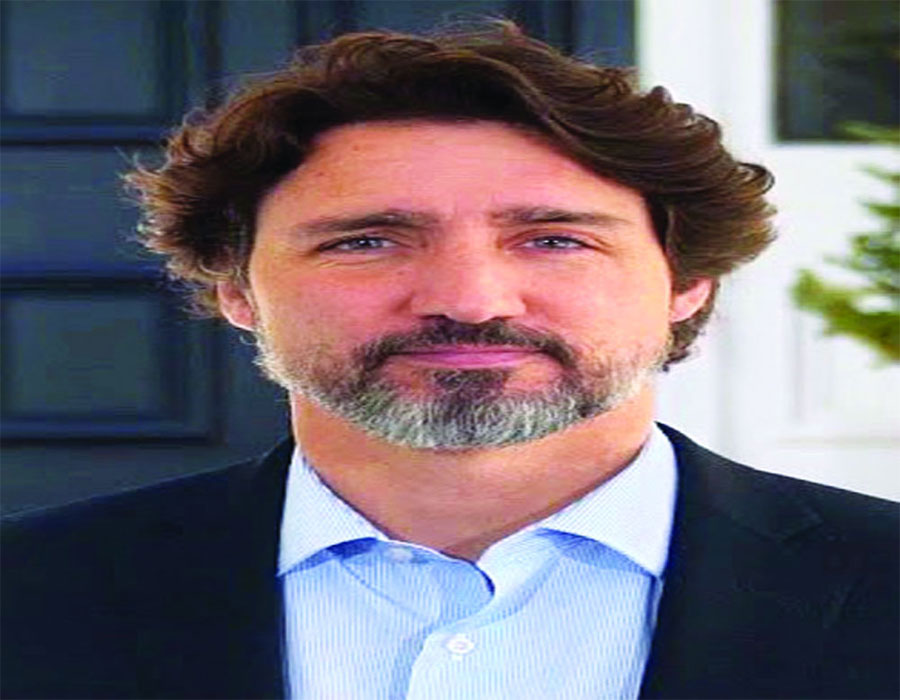
 OpinionExpress.In
OpinionExpress.In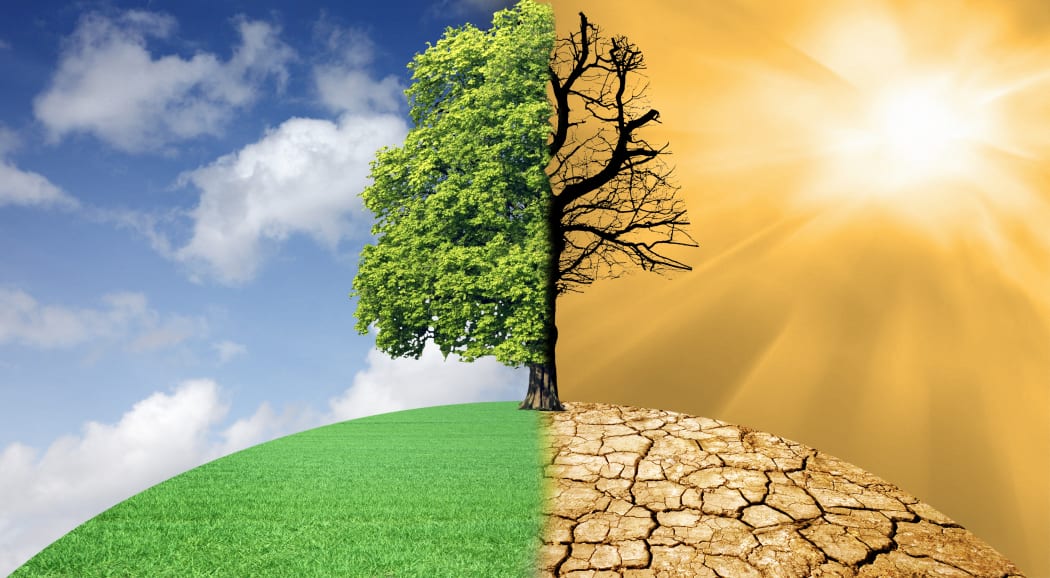
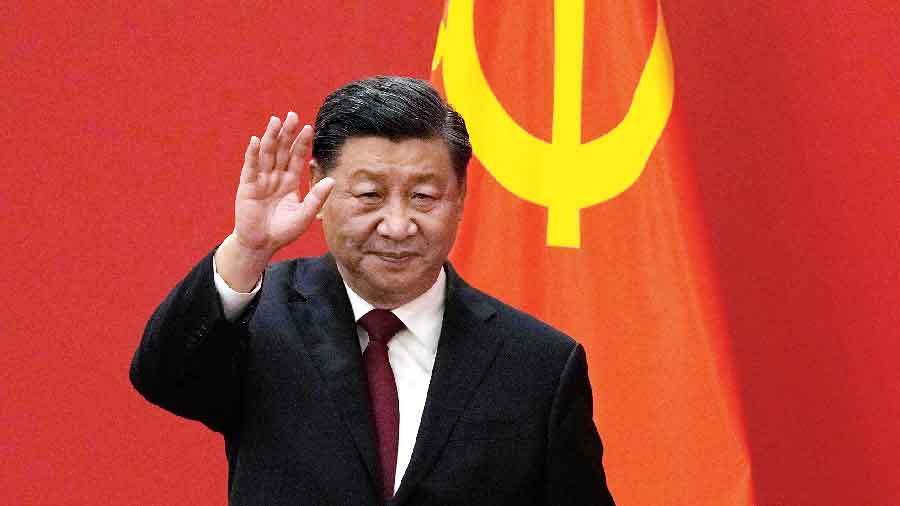

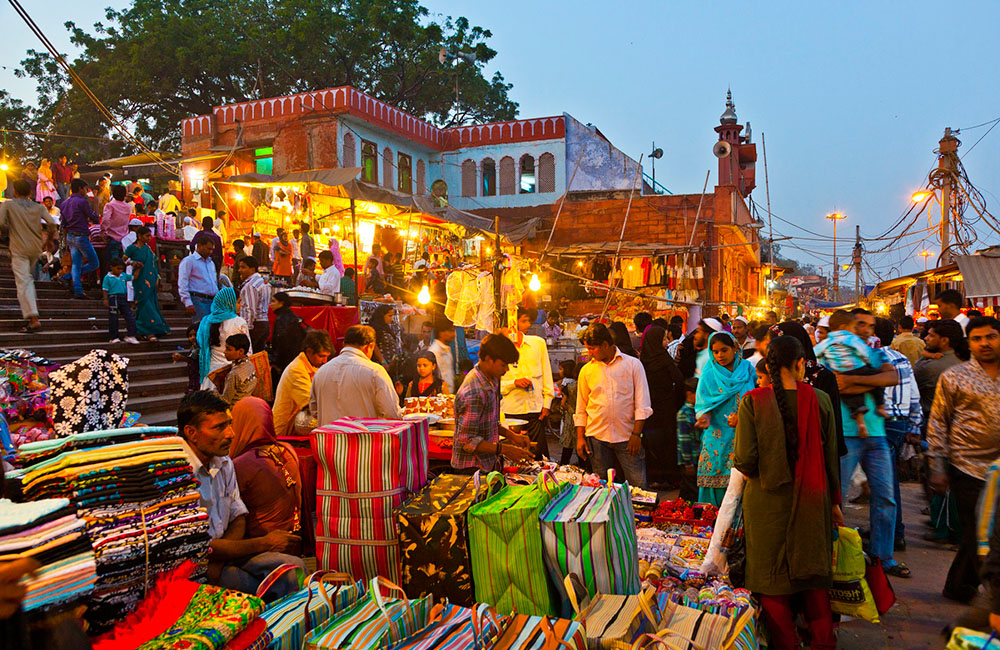
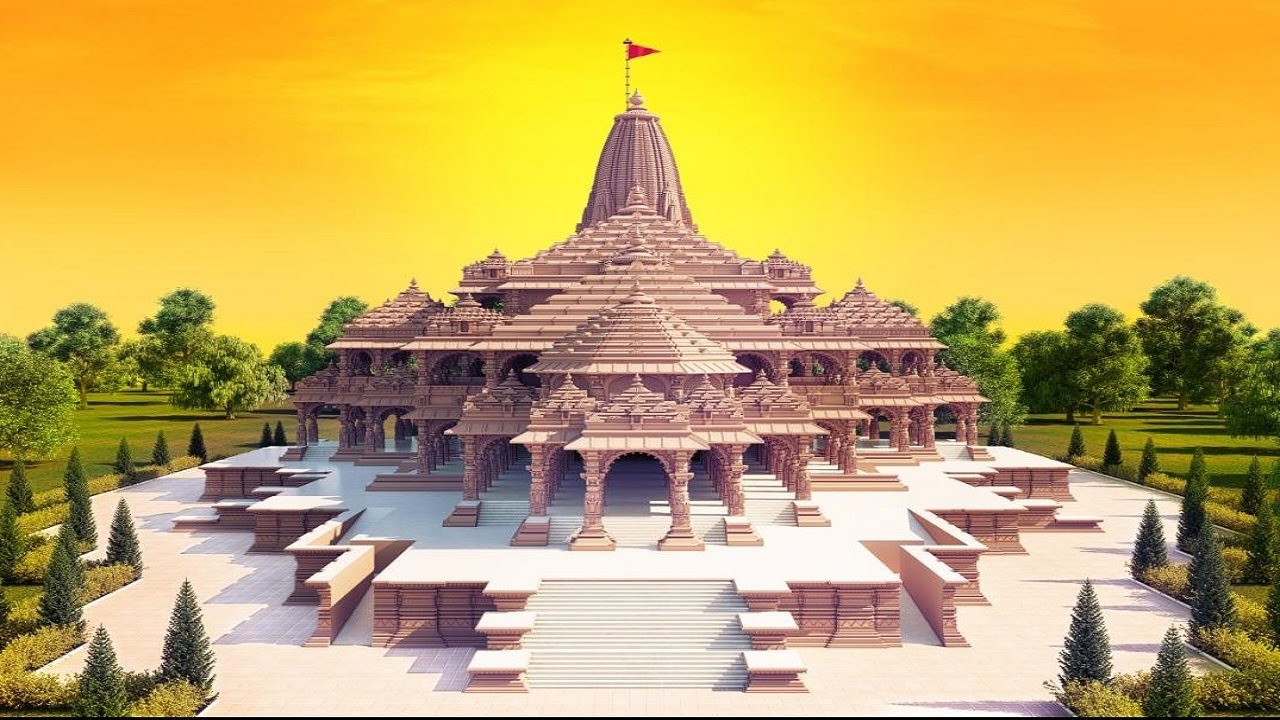
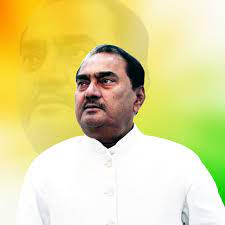
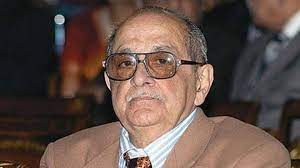
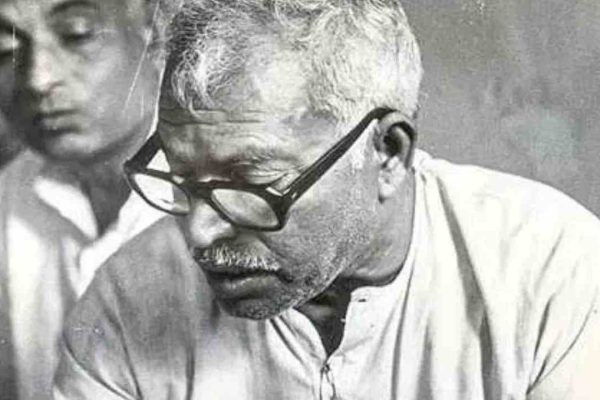
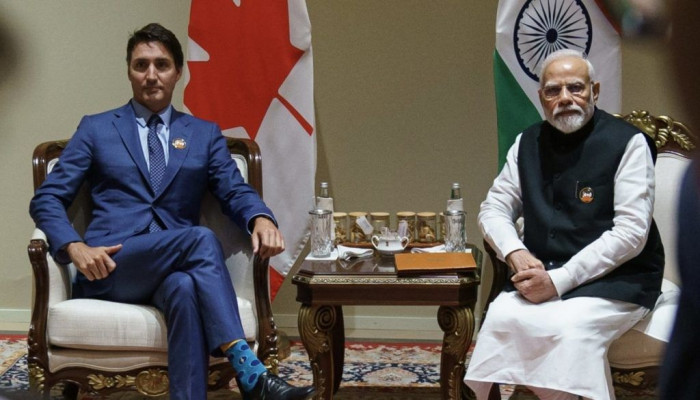
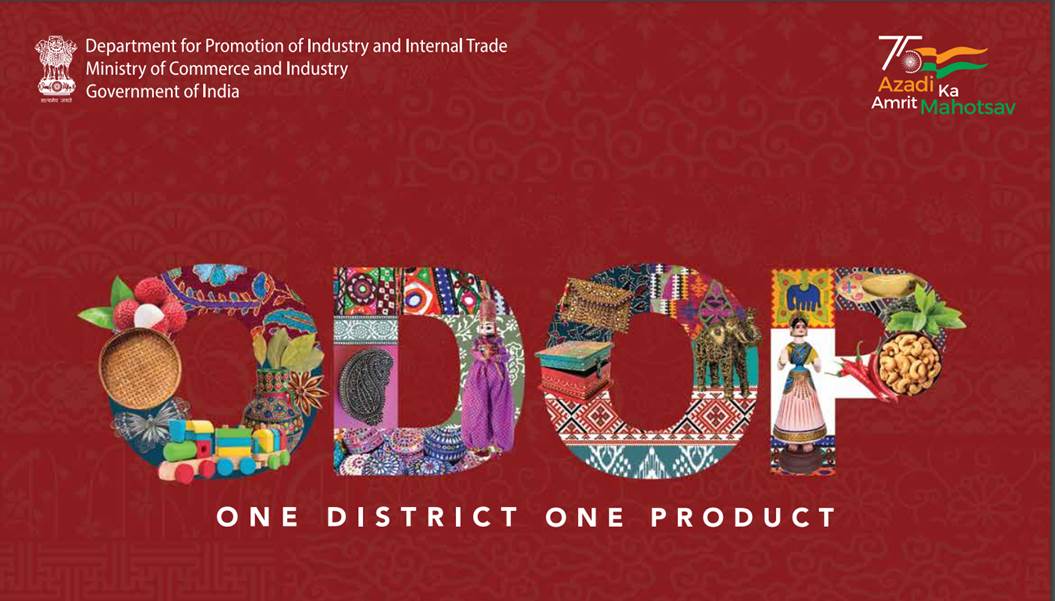






Comments (0)